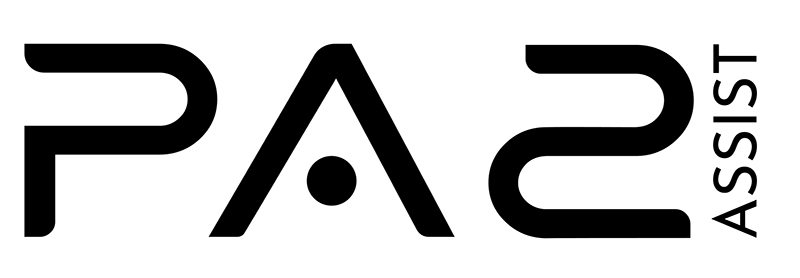Human Resources Efficiency: How Personal Assistants Streamline HR Processes


Introduction:
The blog discusses the role of personal assistants powered by AI in HR, highlighting their transformative role in streamlining processes, enhancing efficiency, and fostering a more engaged workforce, as they are crucial for the overall effectiveness of HR departments.
The integration of AI into HR processes is not just a trend; it’s a strategic evolution. AI-driven personal assistants are designed to automate routine tasks, manage data, and provide actionable insights, allowing HR professionals to focus on more strategic initiatives and human-centric aspects of their roles. These intelligent systems are redefining efficiency in HR, offering solutions that are both innovative and practical.
The recruitment and onboarding process is a time-consuming HR task, but personal assistants can automate stages such as screening resumes, scheduling interviews, and managing onboarding paperwork. AI-powered chatbots can interact with candidates, provide information, answer questions, and conduct preliminary assessments, enhancing the candidate experience and making the organization more attractive to top talent.
Personal assistants can significantly enhance employee engagement strategies by analyzing employee feedback, surveys, and performance data. AI systems can identify trends, recommend tailored initiatives, track effectiveness, and facilitate personalized communication campaigns, resulting in a more motivated and satisfied workforce.
The administrative burden on HR departments can be overwhelming, with countless forms, reports, and documents to manage. Personal assistants can automate many of these tasks, from processing leave requests and updating employee records to generating compliance reports. This not only saves time but also reduces the risk of errors, ensuring that administrative processes are both efficient and accurate.
Personal assistants can transform the approach to learning and development within organizations. By analyzing employee skills, performance data, and career aspirations, AI systems can recommend personalized learning paths, suggest relevant courses, and even facilitate mentorship programs. This personalized approach to professional development supports career growth, improves job satisfaction, and enhances the overall skill set of the workforce.
Personal assistants in HR offer benefits but face challenges like privacy and data security. The success of AI relies on quality data, necessitating robust data management practices. Overcoming these requires a careful approach focusing on transparency, security, and continuous improvement.
Advancements in technology are transforming the role of personal assistants in HR, with future developments involving advanced AI applications for talent management and workplace culture enhancement. This transformation offers a future where HR departments are not only efficient but strategic partners in driving organizational success.
AI-powered personal assistants are revolutionizing HR processes, enhancing efficiency, and transforming workforce management. They automate tasks, provide data-driven insights, and support strategic initiatives, allowing HR professionals to focus on their core tasks and fostering productivity and satisfaction.
In the journey towards HR efficiency, personal assistants are not just tools; they are catalysts for change, driving innovation, and redefining the future of human resources.
#HREfficiency #AIinHR #PersonalAssistants #StreamliningHR #EmployeeEngagement #RecruitmentAutomation #WorkforceDevelopment #FutureOfWork #HRInnovation #DigitalTransformation
Registered Office Address
